
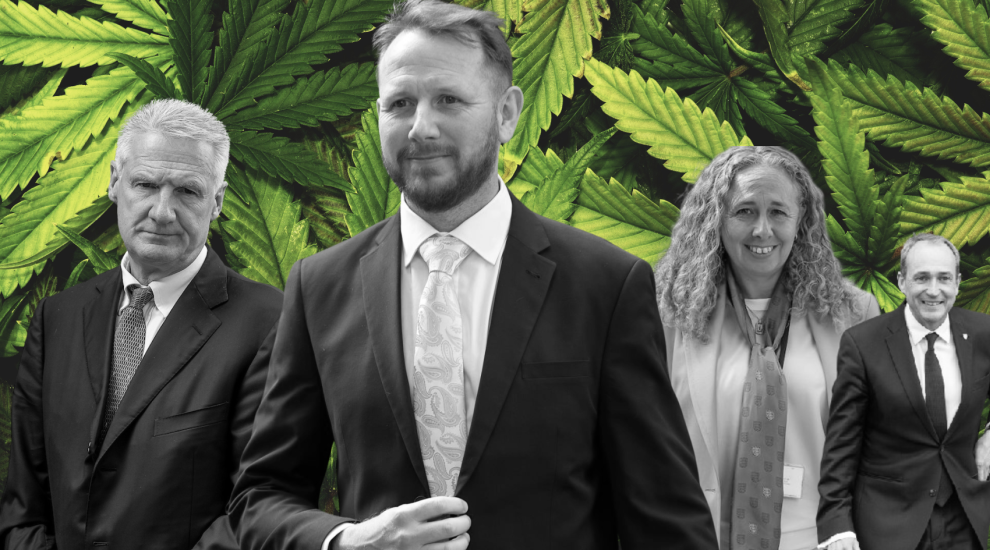

Jersey politicians are set to debate the future of cannabis laws on the island this week, with multiple propositions and amendments on the table. But what exactly will the debate entail?
Express has compiled a breakdown of the upcoming debate on cannabis laws.
The debate, scheduled for this week, includes a range of issues from decriminalisation to reclassification of cannabis products to personal cultivation.
The original proposition was lodged by Deputy Tom Coles last month.
It called for the personal possession and recreational use of cannabis to be decriminalised for those aged 18 and over by November 2025.
Decriminalisation means that the drug would still be illegal but someone could not be prosecuted or criminalised for carrying a small amount.
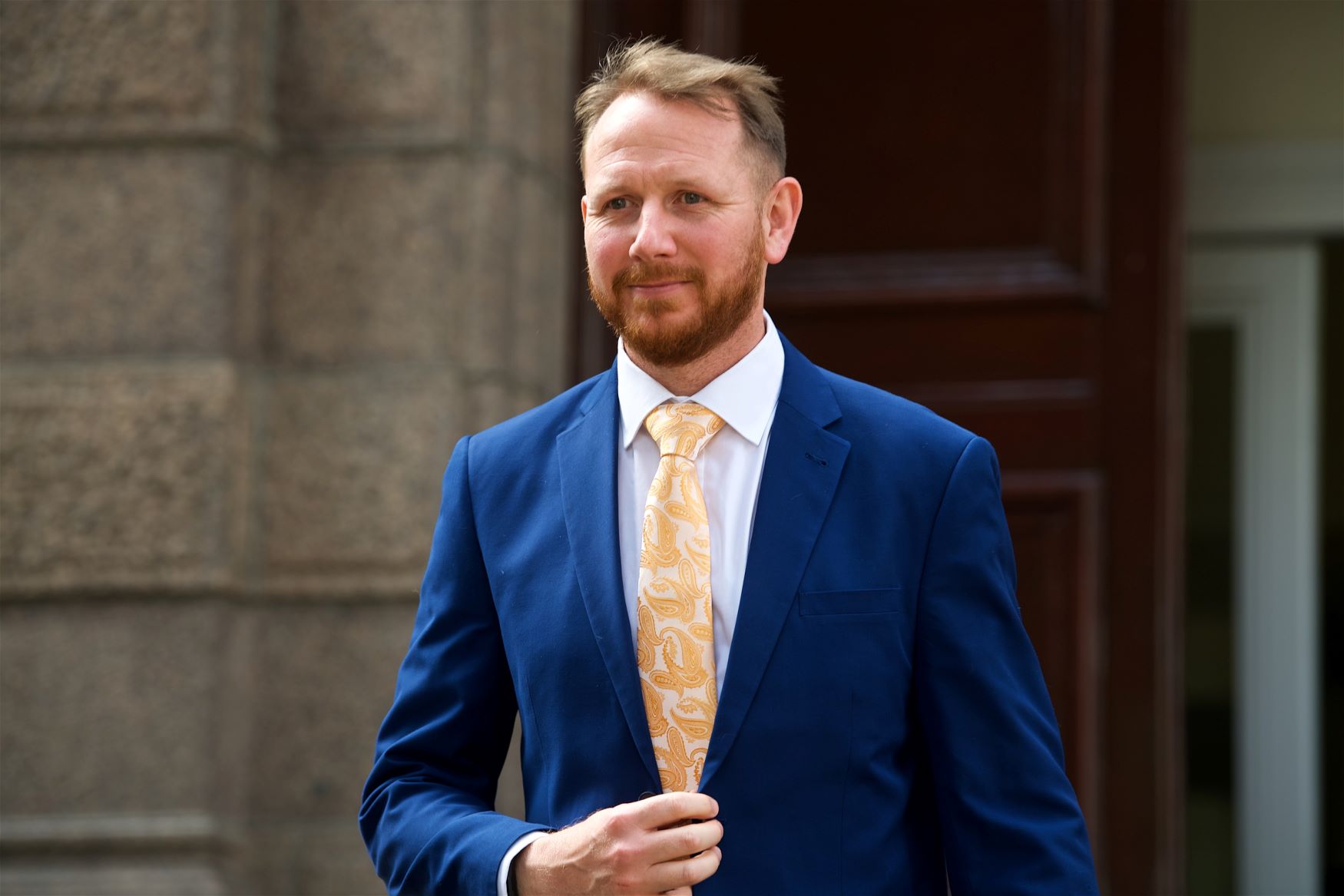
Pictured: The changes put forward in a proposition from Deputy Tom Coles would mean decriminalising the personal possession and recreational use of cannabis.
He argues this move would “protect islanders” and better align policy with the Government’s substance-use strategy of “harm reduction”.
While low-level possession was recently downgraded to be dealt with at the parish hall level, it can still result in a fine, caution or arrest – and Deputy Coles is calling for the rules to be further relaxed.
He said: "It seems, in effect, that there is a two-tiered system in relation to cannabis in Jersey given that medicinal cannabis can now be legally prescribed."
A recent audit revealed that 6% of the island’s working population holds a medicinal cannabis prescription.
Deputy Coles added that updating drug policies was “better for our society” and spoke about the global trend towards relaxation of cannabis laws.
He said: “In recent times throughout the world the views of, and approach to, cannabis have been changing, with Canada and Uruguay fully legalising it and Germany, South Africa, Thailand and as many as 26 American states legalising recreational use either in private or public.”
However, while the Reform politician initially sought to decriminalise cannabis for adults only, Deputy Coles has since expanded the proscription to include all ages.
This move aims to avoid creating a "status offence" that would still criminalise those under 18 and followed discussions with the Children's Commissioner and the Solicitor General.
However, Deputy Coles clarified: "It is not the design of this proposition to encourage anyone, of any age, in the use of cannabis, but to not criminalise those that do."
Other politicians have also sought to amend the original proposition.
While Deputy Coles wants the legislation to be in place by November 2025, the Government is seeking more time to explore a wider range of options, such as legalising or regulating cannabis.
In an amendment, the Council of Ministers argued that this would allow for the development of “fully informed” proposals while considering matters such as child protection and cannabis supply issues.
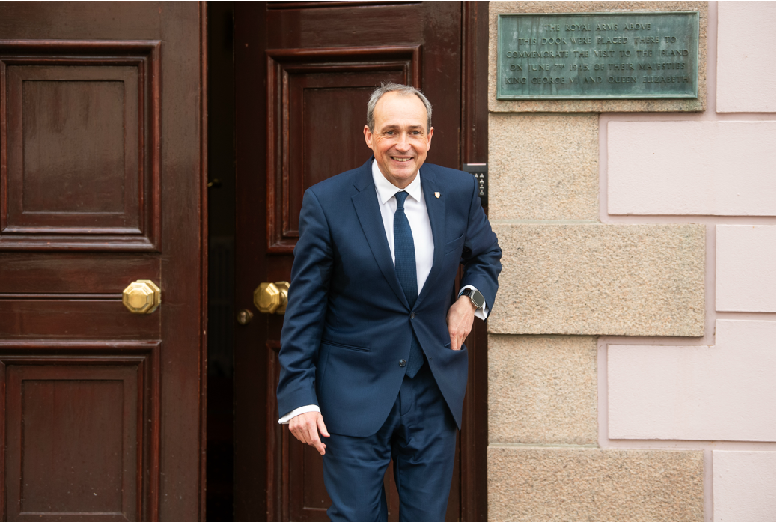
Pictured: The Council of Ministers, led by Chief Minister Lyndon Farnham, want more time to develop “fully informed proposals” about the recreational use of cannabis before adopting any new legislation.
The Council added that “effective, safe legislation cannot be delivered within a November 2025 time frame”.
A report accompanying the amendment states: “The Council of Ministers recognises the need to address this matter, including giving consideration to the harms that can arise from criminalising users of cannabis, whilst also considering the need to protect children and the wider community.
“However, the Council of Ministers proposes several amendments to support more informed decision-making.”
The Council of Ministers will have a free vote on the issue – meaning that they are not obliged to vote as a collective unit – when it is debated this week.
The debate will also address the classification of some cannabis products.
Deputy Inna Gardiner has suggested updating what she calls "archaic" drug laws that currently categorise some cannabis extracts, including cannabis oil – often used for medical reasons – at the same level as heroin.
Under Jersey’s Misuse of Drugs Law, dried cannabis flower and resin are listed as Class B controlled substances.
However, cannabis extracts containing cannabinols, which are used to treat conditions such as chronic pain and insomnia, are classified as Class A drugs – the same category as heroin and crack cocaine – unless prescribed by a doctor.
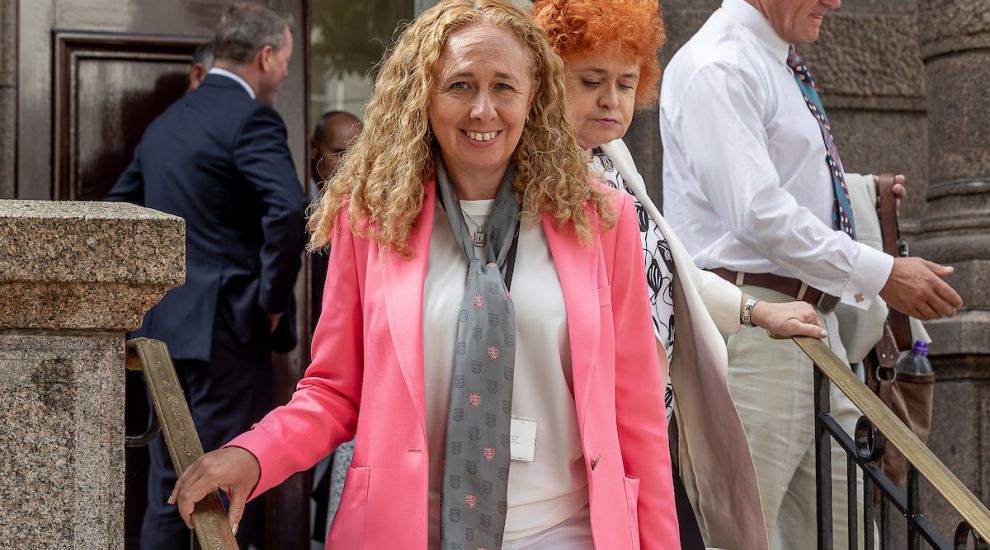
Pictured: Deputy Inna Gardiner is calling for all cannabis products to be classified as Class B drugs.
If the move is successful, it would align Jersey’s laws with those of the UK, where all cannabis products are given Class B status.
"There can be no reasonable justification for treating cannabinol and cannabinol derivatives in the same manner as heroin or crack cocaine as is currently the case," she said.
Building on this, Health Minister Tom Binet has put forward an amendment to extend decriminalisation to include cannabinol and its derivatives.
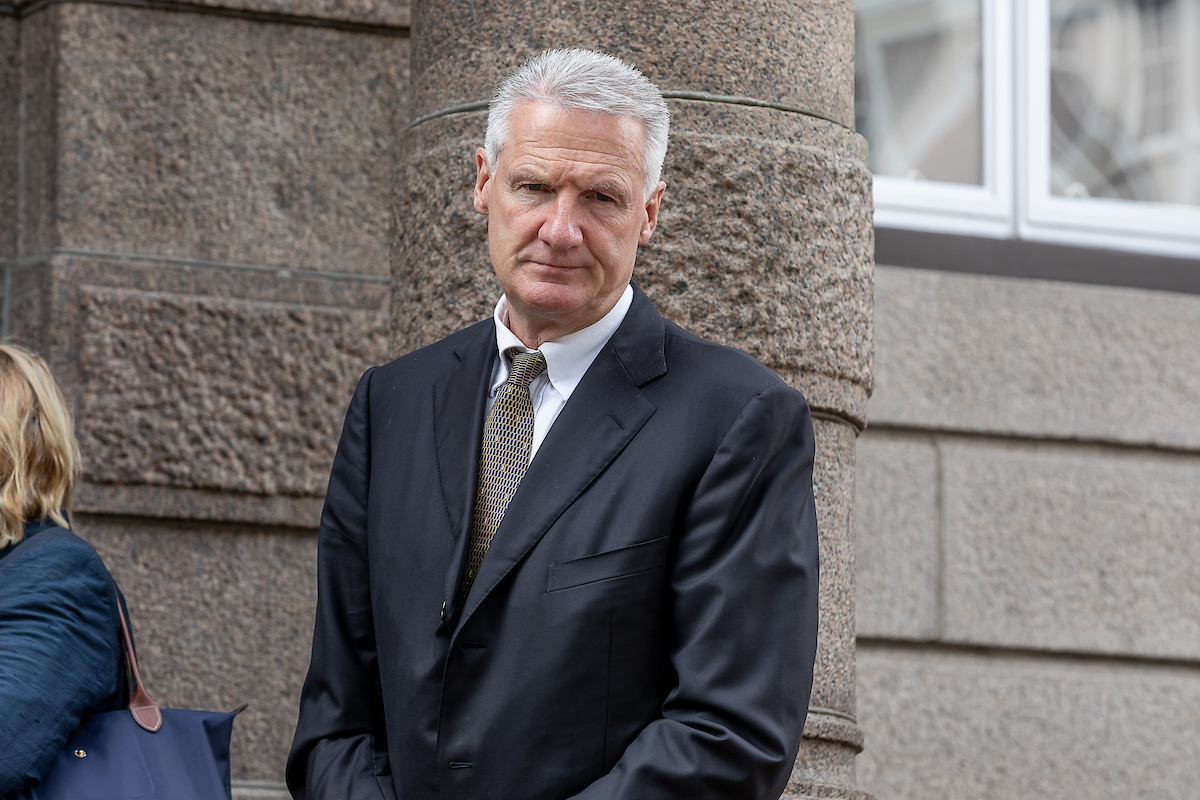
Pictured: Health Minister Deputy Tom Binet has put forward another amendment to the proposition about cannabis laws.
He also proposes reclassifying these substances from Class A to Class B controlled drugs, after consultation with the Misuse of Drugs Advisory Council.
Another significant amendment comes from Deputy Alex Curtis, who wants to include "personal cultivation" in the list of activities to be decriminalised including possession and recreational use.
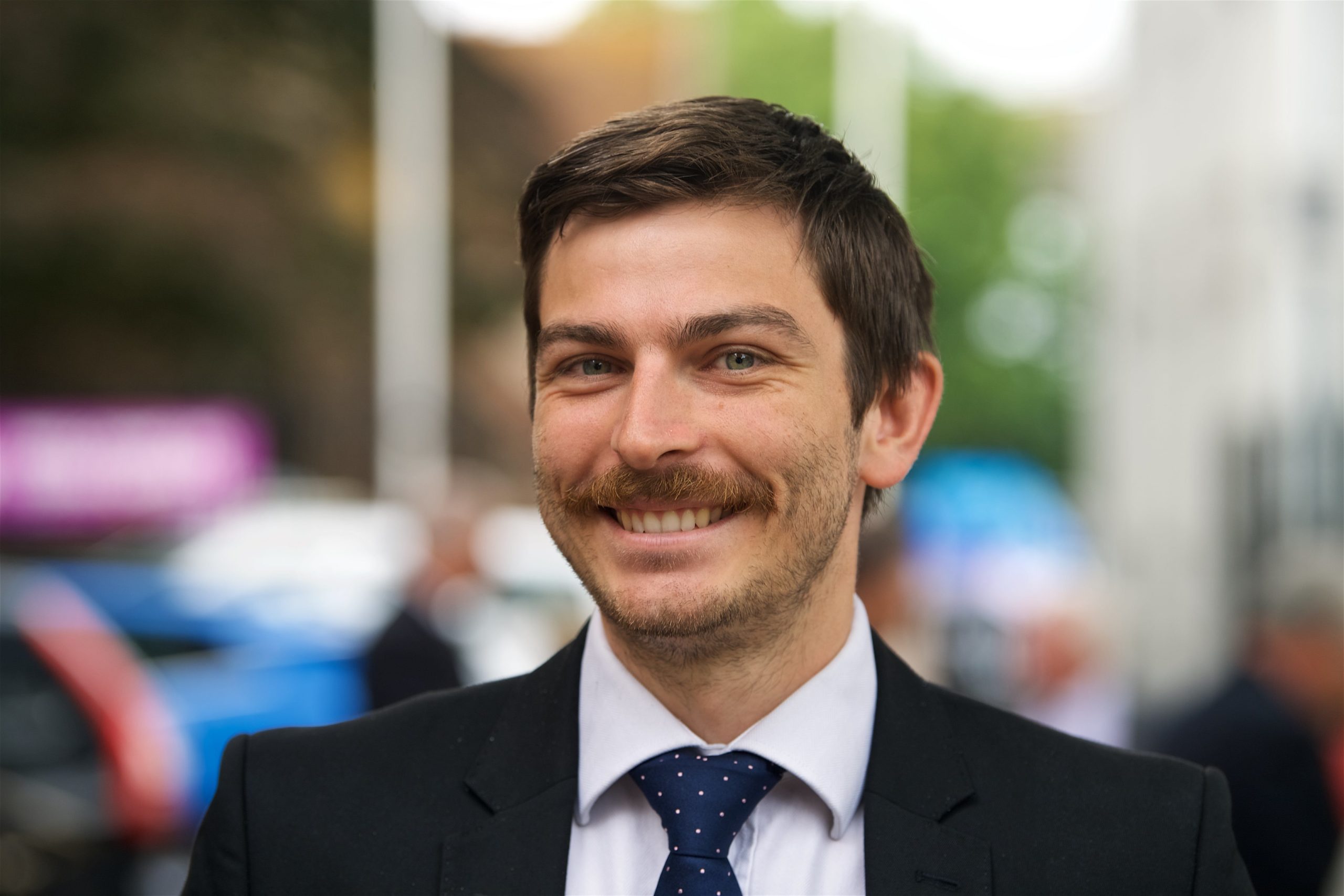
Pictured: Deputy Alex Curtis wants to add "personal cultivation" to the list of activities to be decriminalised.
Deputy Curtis argues that this change would prevent people from being criminalised for growing cannabis that, once dried, would be legal to possess and consume.
He said: "It is seemly not correct to punish those who wish to avoid procuring from illegal dealing by carefully growing and cultivating their own plants, for which they then take responsibility."
He also pointed to jurisdictions that have already implemented similar measures:
Deputy Curtis said the amendment will "provide clarity and direction to the Government in legislative and policy drafting".
"Explicitly including personal cultivation within the scope of decriminalising will allow such policy to provide clear thresholds, such as total allowable growing quantity as well as limits on where plants can grow," he added.
Deputy Curtis explained that this will enable islanders to avoid illicit channels for procurement and reduce criminal activity.
He said: "It would also enable islanders to create their own provision without the need to procure through what would remain a criminal channel and be assured that they are aware of the quality and condition of the plant, and hopefully reduce criminal activity in dealing, as is suggested will occur in other jurisdictions such as Germany.
"Lastly, it will enable consumers to have a greater relationship and understanding of the plant, which should help facilitate better education of cannabis more broadly."
Islanders can contact the Alcohol and Drugs Service on 445000 for advice and support on cannabis use.
Warnings against young people self-medicating with cannabis
FOCUS: Cannabis regulation, decriminalisation, or legalisation?
Bid to change law which brands some cannabis products as Class A
Could Jersey be next to decriminalise cannabis?
Work underway to develop laws for cannabis clinic regulation
IN NUMBERS: Jersey's medicinal cannabis usage
Medicinal cannabis clampdown looms after Jersey audit sparks "significant concern"
Comments
Comments on this story express the views of the commentator only, not Bailiwick Publishing. We are unable to guarantee the accuracy of any of those comments.